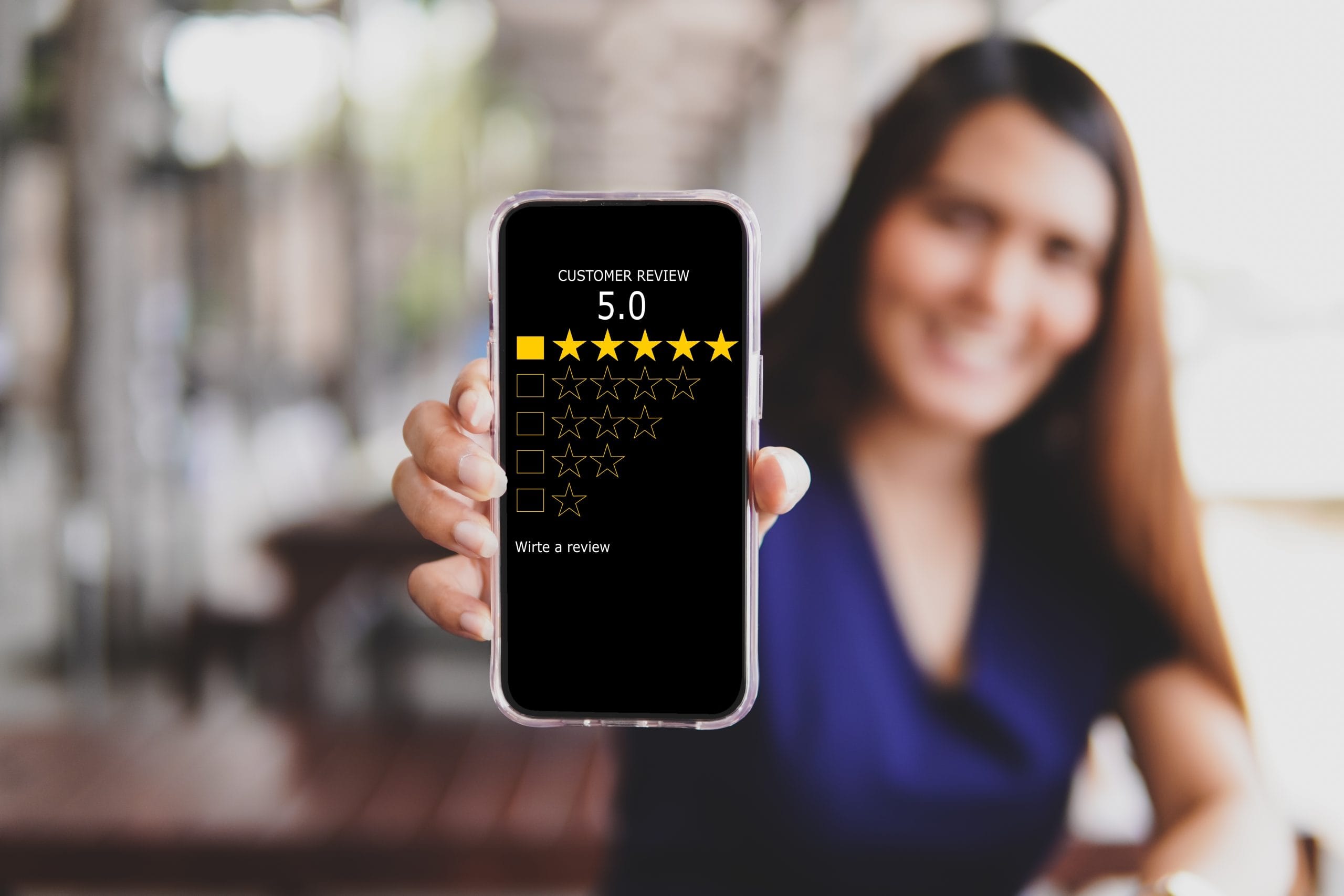


Influencer Marketing’s Expanding Role in B2B

Influencer marketing is often associated with fashion, beauty, and consumer products, but its role in the business-to-business (B2B) space is growing rapidly. As buying decisions in professional settings become increasingly influenced by digital channels, business leaders are beginning to see the value of thought leaders, niche influencers, and subject-matter experts in shaping perceptions. B2B transactions are driven by trust, credibility, and authority, all of which can be amplified when the right influencer campaigns are executed strategically.
Why Influencer Marketing Matters in B2B
B2B marketing has traditionally relied on trade shows, white papers, and networking events. While these remain useful, they are not enough to capture the attention of a digital-first generation of buyers. Decision-makers today conduct extensive online research, evaluate multiple opinions, and look for credible voices before moving forward with large investments. Influencer marketing fits naturally into this process by creating an authentic layer of trust that corporate messaging alone cannot provide.
Unlike traditional consumer campaigns that might use celebrities with millions of followers, B2B influencer marketing often works best with niche experts who may have smaller but highly engaged audiences. A supply chain consultant with 15,000 LinkedIn followers can be more persuasive for logistics executives than a mainstream celebrity with ten million fans. Relevance and authority matter more than sheer reach in this environment.
The Shift from Awareness to Trust-Building
One of the core differences between B2C and B2B influencer marketing is the focus on building long-term trust. Purchasing enterprise software, industrial equipment, or specialized financial services often involves long sales cycles and multiple stakeholders. Quick brand recognition is not enough. Buyers want to see consistent proof of expertise, positive outcomes, and industry validation. Influencers serve as an important bridge, translating complex ideas into accessible insights while reinforcing credibility for the brand they collaborate with.
For instance, HubSpot has worked with marketing thought leaders who share detailed tutorials and strategies that connect with professionals seeking CRM and inbound marketing solutions. These campaigns are not about flashy promotions but about establishing HubSpot as a trusted source of knowledge, which directly influences business adoption rates.
Choosing the Right Influencers in a B2B Context
Selecting the right influencer for a B2B campaign requires a different mindset than consumer-focused efforts. The emphasis is not on follower counts but on alignment with industry expertise and buyer interests. Influencers who consistently publish research-driven articles, host professional podcasts, or speak at respected conferences can carry more weight than someone who simply has a large online following.
Brands should evaluate potential partners based on their track record of thought leadership, engagement quality, and how often they are cited or referenced by peers. A cybersecurity startup might benefit from collaborating with experts who have published in Dark Reading or who speak regularly at events like RSA Conference. Their endorsement or commentary not only reaches the right audience but also brings credibility that internal marketing teams cannot manufacture on their own.
Content Formats That Resonate
In B2B influencer marketing, content needs to be both engaging and practical. White papers and case studies can be valuable, but buyers are increasingly consuming more dynamic content. Influencers can bring fresh energy to formats such as LinkedIn Live sessions, in-depth webinars, industry podcasts, and collaborative research reports. This mix allows brands to reach audiences in ways that feel organic rather than forced.
Video is particularly powerful in this space. Platforms like Brightcove have shown how enterprise-level video campaigns, when combined with influencer commentary, drive significant engagement and lead generation. A two-minute video with a respected analyst breaking down market trends can sometimes do more than a 50-page report in shaping a potential client’s perception.
Measurable Impact on Sales and Lead Generation
While brand awareness is a common goal in B2C influencer campaigns, B2B companies want to see measurable impact on pipeline and revenue. This makes analytics and performance tracking a critical part of influencer marketing in the B2B sector. Modern platforms allow companies to track referral traffic, webinar attendance, and even closed deals attributed to influencer-driven campaigns. By tying influencer efforts directly to key performance indicators, B2B brands can justify the investment and refine strategies over time.
A case in point is IBM, which has long worked with industry analysts and thought leaders to generate content that informs IT decision-makers. Their collaborations not only expand reach but also drive engagement with prospects who are already in the evaluation stage of the buying process. The measurable outcomes, from increased demo requests to enterprise-level sales inquiries, prove that influencer marketing is more than just a branding play.

The Role of Micro-Influencers in Niche Markets
Micro-influencers are becoming particularly valuable in B2B because they often hold deep expertise within narrow industries. A sustainability consultant who frequently publishes on renewable energy can shape the opinions of facility managers and corporate sustainability officers. These influencers may not have huge audiences, but the ones they do have are highly targeted and influential within purchasing decisions.
In fact, collaborations with micro-influencers can often feel more genuine than those with larger industry figures. Their audiences tend to view them as approachable peers rather than distant experts. For companies entering specialized markets, these partnerships can be a cost-effective way to build credibility and generate meaningful leads.
Challenges and Risks to Consider
Despite its potential, influencer marketing in B2B is not without challenges. Authenticity is crucial, and any hint of inauthenticity can damage credibility quickly. Brands must work with influencers who genuinely understand and believe in the product or service. Compliance and industry regulations also come into play, particularly in sectors such as finance, healthcare, and legal services. Influencers must be careful not to make claims that could create liability or compliance issues.
Another challenge is sustainability of impact. Unlike consumer promotions that may see immediate spikes in sales, B2B campaigns require a consistent and ongoing approach. A single influencer mention is unlikely to move the needle for multimillion-dollar contracts, but a steady stream of credible thought leadership over time can shape brand reputation in powerful ways.
Future of B2B Influencer Marketing
The future of influencer marketing in B2B will likely become more integrated with data-driven personalization and account-based marketing strategies. Instead of broad influencer campaigns, companies will increasingly target specific accounts and industries with tailored influencer content. Artificial intelligence tools may also play a role in identifying the most effective influencers based on real-time engagement data and market behavior.
Additionally, the lines between internal and external influencers are blurring. Employees who are active on LinkedIn and share industry insights are becoming influencers in their own right. Many companies are beginning to encourage internal advocacy programs where staff members act as micro-influencers, further humanizing the brand while building organic credibility.
Closing Comments
Influencer marketing has evolved far beyond consumer-focused campaigns. In the B2B world, it is proving to be a strategic tool for building trust, shaping buyer perceptions, and driving meaningful business outcomes. The power lies not in massive follower counts but in authenticity, relevance, and authority. As business professionals increasingly turn to trusted voices in their networks, brands that integrate influencer strategies into their marketing mix will be better positioned to win credibility and capture opportunities in competitive markets.





